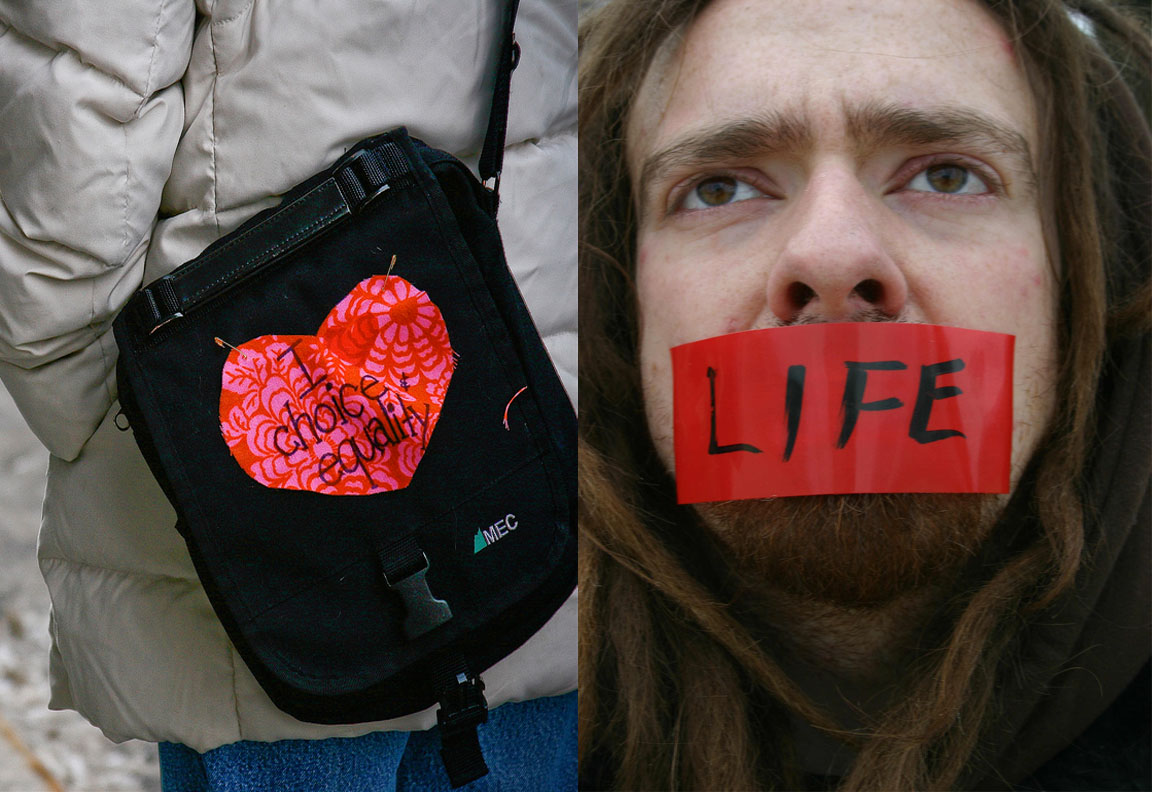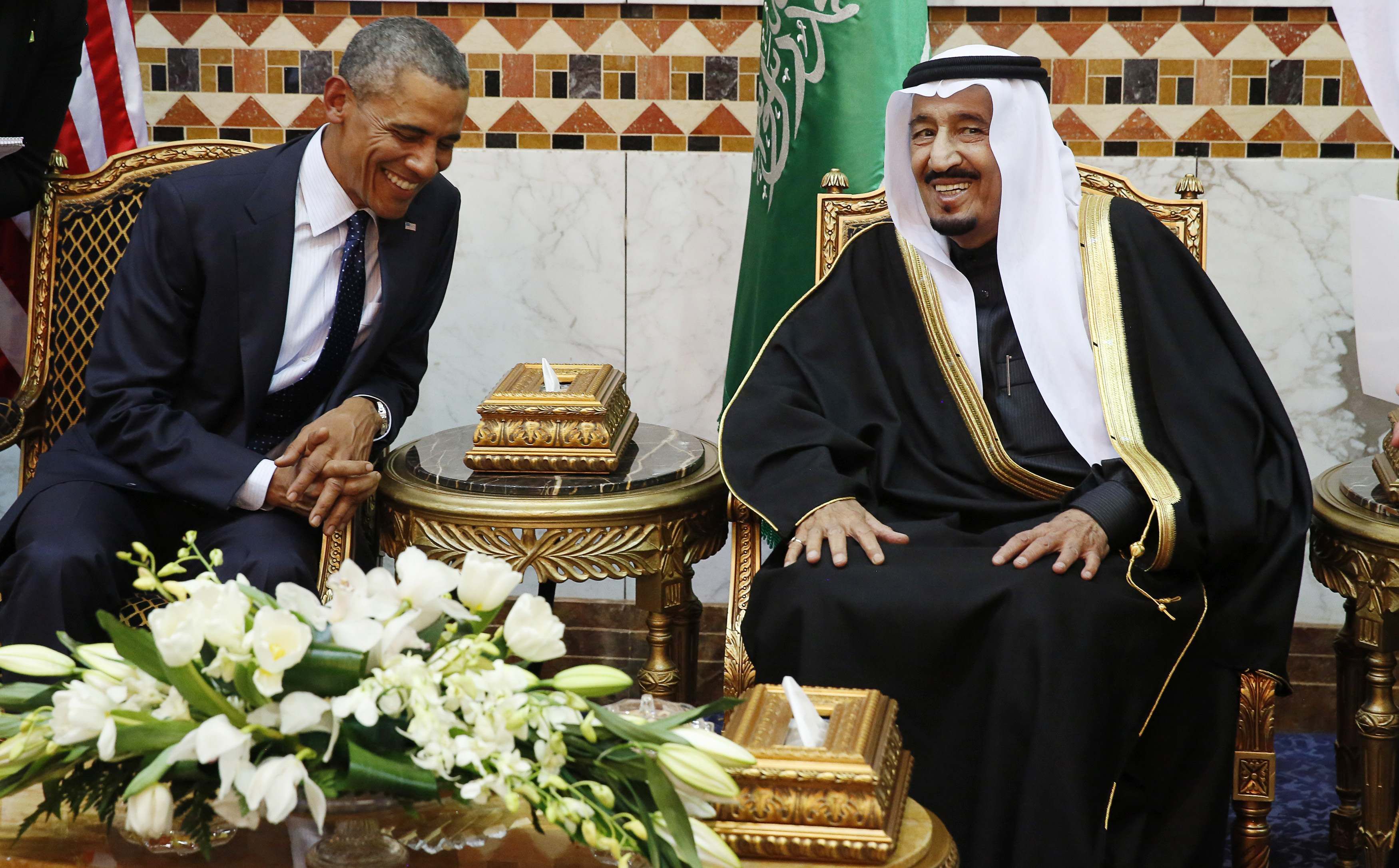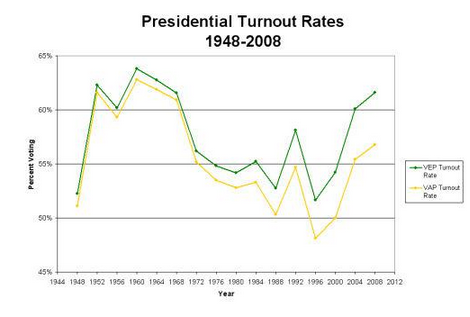
This March, NU Right to Life faced a series of hostile attacks after hosting the University’s first “Respect Life Week”. The organization, seeking to promote a culture of life amongst the student population, found itself under fire from students who felt that Student Activities Fee (SAF) money should not be spent on what they considered to be biased political events. The Huntington News, for example, editorialized that the use of SAF funding on pro-life events was a “misuse of power,” and that it did not meet the criteria found in the SAF Manual that political or religious events be “educational.” A Letter to the Editor a week or so later came from a student who declared that she tore down the Respect Life Week flyers she happened upon around campus. Other students were more straightforward: a piece of notebook paper tacked to a flyer on my dorm’s bulletin board read, “I have the right to choose. Stop using my Activities Fee to fund your personal agenda.” It is unfortunate these kinds of emotional and irrational responses were so prominent, especially in reaction to a series of events intended both to promote the value of human life, as well as examine the issue of abortion in a serious discussion-based forum.
The events sponsored by NU Right to Life were neither rallies nor protests. Rather, they were reasonable, academic discussions exploring challenging aspects of the abortion debate – a debate worth having given the significant personal impact of the choice to abort and the long-term societal implications of legalized abortion. These events included a Pro-Life, Pro-Choice Debate, a luncheon to discuss the effects of genetic testing, a “Memorial of the Innocents” on Centennial Commons, a presentation by a former abortion doctor-turned pro-life advocate, and a comedy show to support the American Cancer Society. Even the one event that could be seen as more political than the others, the “Memorial of the Innocents”, included a table that offered brochures and other educational information about abortion and alternatives for pregnant women.
Additionally, while it is true that the abortion issue cannot be fully separated from its political and religious context, it would be ignorant to dismiss the personal moral components associated with the issue. Certainly, some religious groups, including the NU Catholics, are ardent champions of the pro-life movement; however, there was nothing inherently religious (or Catholic) about the events hosted by NU Right to Life. Support for a culture of life can also be viewed as a humanitarian issue that should transcend political and religious differences.
Simply because the pro-life movement is a minority viewpoint on campus should not disqualify it from receiving SAF funding. While “Student Appeal” is one of the characteristics of fundable activities in the SAF Manual, it does not follow that only those events that appeal to the entire student body, or even a majority, should be permitted. Indeed, another characteristic of fundable activities is that they have “Experiential Value (e.g. educational, cultural, awareness).” The types of events that were featured during “Respect Life Week” offered such educational information about the medical implications of abortion and other related issues such as genetic testing.
Events supported by the SAF cannot always — and do not have to — please everyone. This semester, the SAF supported “Sex Week,” which glorified casual hook-ups through its events and associated publication. Indeed, while some of the events offered educational information, such as recommendations about safe sex practices, the implicit promotion of a licentious lifestyle by other events during Sex Week was undeniable. There are many students on campus, albeit perhaps a minority, who disapprove of such a culture. Yet they receive no say, nor should they, on the use of funds for this purpose. As long as an event is well organized and offers the student body a valuable experience, whether its purpose is for entertainment or education, it should have the opportunity to receive funding from the SAF.
Abortion is a major issue nationwide with significant support on both sides of the debate. As such, pro-life advocates should not be dismissed as some fringe element. Rather than attacking NU Right to Life in a fit of anti-intellectual rage, those who disagree should take the time to examine their own viewpoints and listen to what the other side has to say. Abortion is a complex issue that involves difficult choices for individuals and policymakers. The pro-life group on campus was willing to invite discussion on this topic, and do so in a reasoned and rational manner. Supporters of abortion rights only inflame the debate by dismissing the pro-life movement and ignoring the moral gravity of the issue. As students at an institution of higher learning, we can, and should, do better. Regardless of my personal point-of-view, I see it as my obligation to seek to understand the other side’s perspective. Events supported by the SAF can support the type of dialogue needed to achieve greater mutual understanding, and both minority and majority opinions should find time to reap its benefits.



